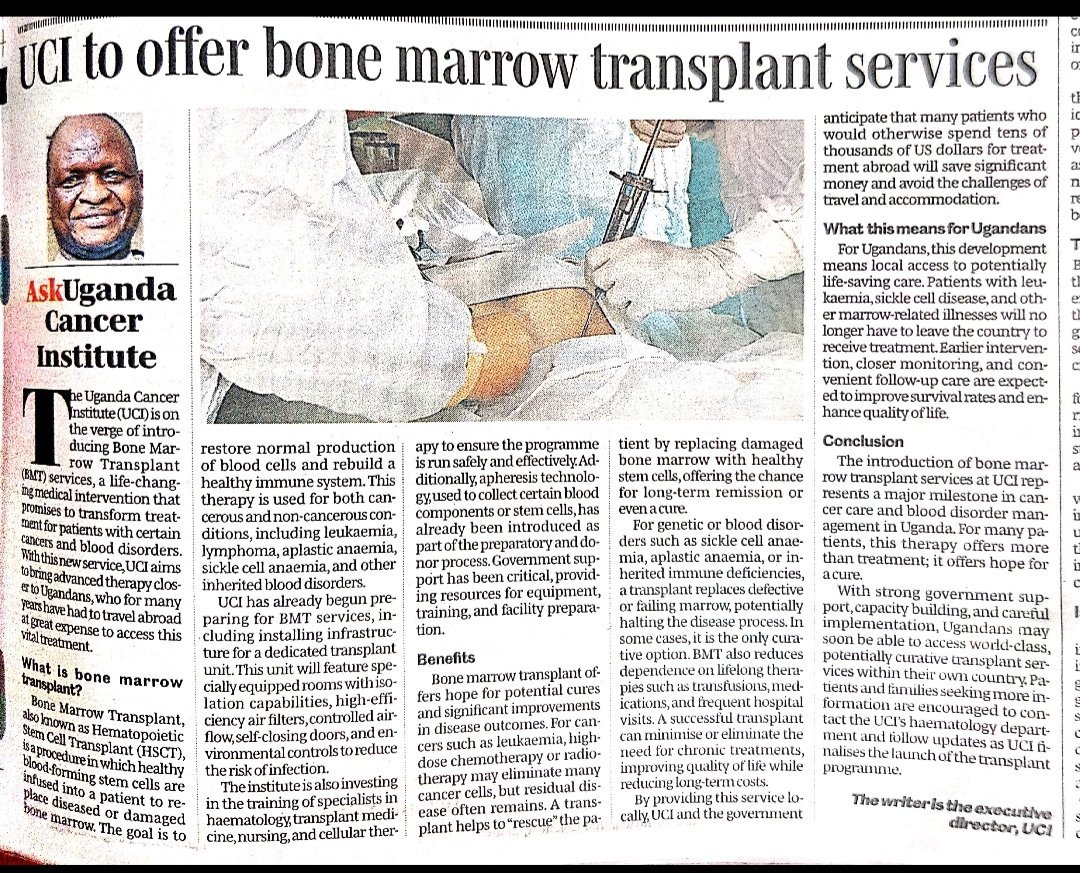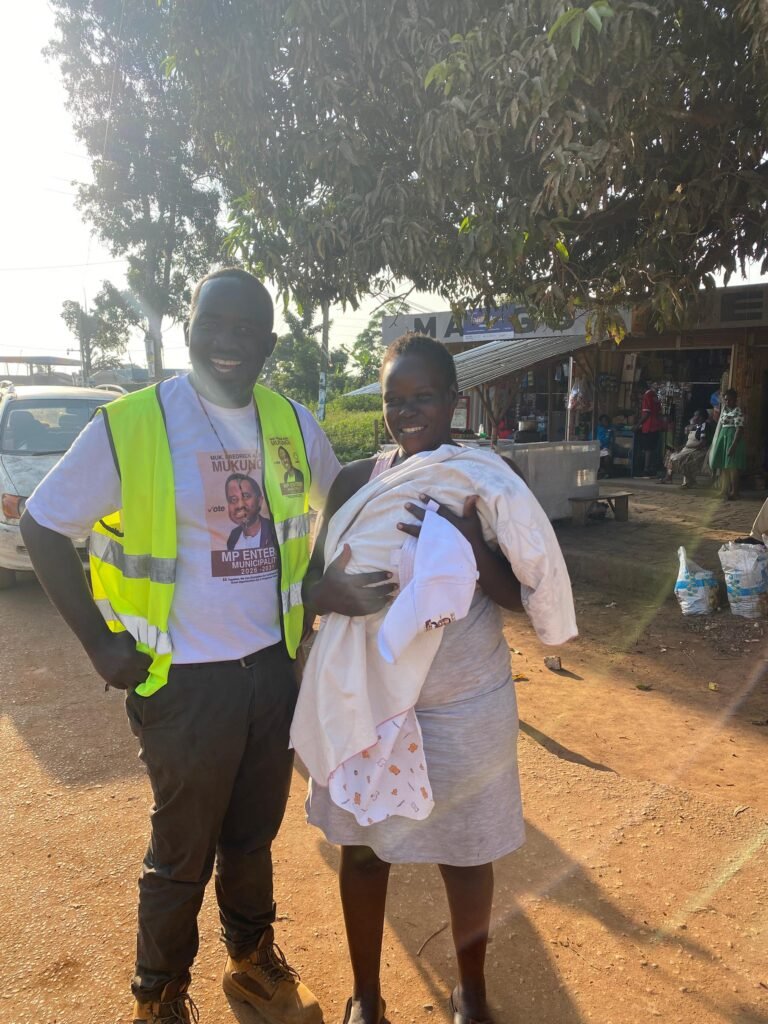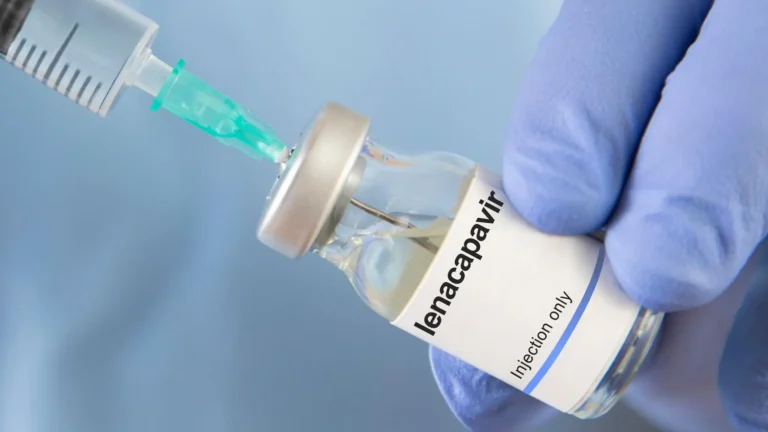
KAMPALA – The Uganda Cancer Institute (UCI) is on the verge of a major medical breakthrough with the imminent introduction of Bone Marrow Transplant (BMT) services. This advanced procedure promises to transform the treatment landscape for patients with certain cancers and blood disorders, offering hope and saving Ugandans the immense cost and hardship of seeking treatment abroad.
Bone Marrow Transplant, also known as a Hematopoietic Stem Cell Transplant (HSCT), is a procedure where healthy blood-forming stem cells are introduced into a patient to replace diseased or damaged bone marrow. The goal is to restore the body’s ability to produce normal blood cells and rebuild a healthy immune system. It is a critical therapy for conditions like leukaemia, lymphoma, aplastic anaemia, sickle cell anaemia, and other inherited blood disorders.
According to the UCI, significant preparations are already underway. The institute is establishing a dedicated transplant unit featuring specially equipped rooms with isolation capabilities, high-efficiency air filters, and controlled airflow to minimize infection risk. Alongside infrastructure, UCI is heavily investing in training specialists in haematology, transplant medicine, and nursing to ensure the programme is run safely and effectively.
Government support has been cited as critical to this initiative, providing essential resources for equipment, training, and facility preparation. As part of the preparatory process, the institute has also introduced apheresis, a technology used to collect specific blood components or stem cells from donors.
The benefits of establishing this service locally are profound. For patients with cancers like leukaemia, a transplant can offer the chance for long-term remission or a cure by replacing bone marrow destroyed by high-dose chemotherapy. For those with genetic disorders like sickle cell anaemia, it can potentially halt the disease process, serving as the only curative option and reducing lifelong dependence on blood transfusions and medications.
“This development means local access to potentially life-saving care,” the Institute stated. Patients with leukaemia, sickle cell disease, and other marrow-related illnesses will no longer face the financial and emotional burden of traveling overseas for treatment. This enables earlier intervention, closer monitoring, and more convenient follow-up care, which are expected to significantly improve survival rates and quality of life.
The introduction of bone marrow transplant services at UCI marks a major milestone in Uganda’s healthcare system. With strong government backing and careful implementation, Ugandans will soon have access to world-class, potentially curative transplant services within their own country.
Patients and families seeking more information are encouraged to contact the UCI’s haematology department for updates as the institute finalises the launch of the transformative programme.








